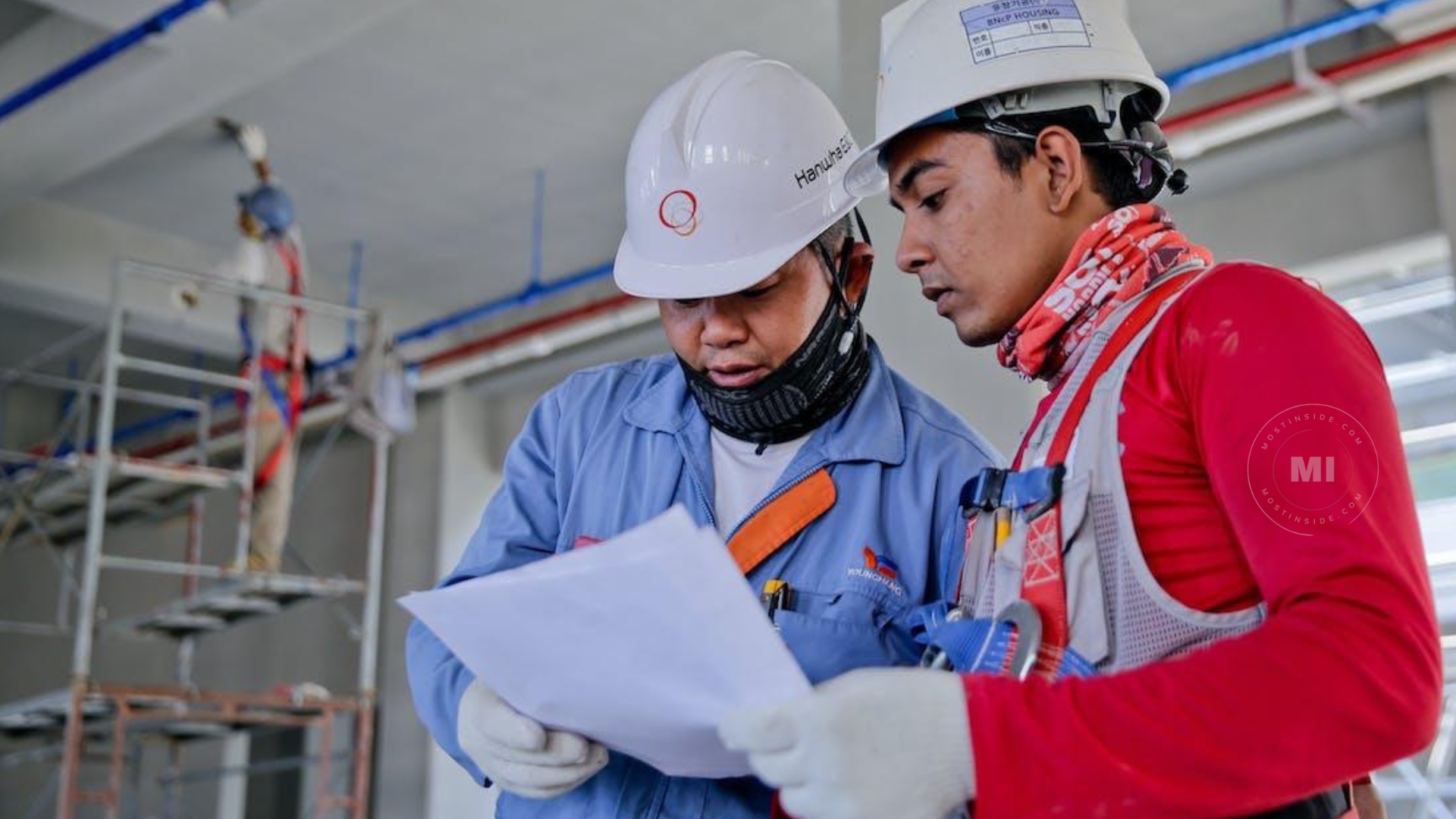10 Tips For Industrial Managers

Management positions always come with certain challenges, particularly when working in the industrial sector. Industrial managers, therefore, should remain cautious about combating these problems as masterfully as possible. First, let’s define the role of industrial managers in a company. They’re known as managers who oversee a factory’s manufacturing process. Their duties range from recruiting/training employees to ensuring production stays on schedule and within budget. So, how can you become an effective industrial manager? We have described some suggestions here to make your job easier. Read the tips given to you below and boost your skills as a competent industrial manager in your factory:
1. Learn people skills
Industrial managers should focus on harnessing their public dealing skills. Managers often think their duties revolve around identifying bottlenecks and eliminating inefficiencies. However, a manager’s duties also extend to staff training and education, i.e., educating them to analyze problems, find solutions, and bring improvements. These soft skills can make or break your career as a good industrial manager. We shall discuss communication-related suggestions later in this very article.
2. Provide quality equipment
Ensure your employees have access to the highest-quality material to boost their efficacy. Contact reliable vendors to get your hands on the best machinery, equipment, and other industrial substances. For instance, contact the Continental Research Corporation to get quality industrial chemicals for all industry procedures. Buying quality industrial projects will make you a better project manager, thereby improving the productivity of your workforce.
3. Update your technology
Technology has infiltrated every aspect of supply & demand in today’s industries. Managers can easily improve the workforce’s productivity by staying up-to-date. Industries everywhere in the world are taking advantage of automation and updating these machines to make manufacturing better. Updating these technologies can help you replace old-fashioned machines that don’t help an employee anymore. Moreover, you can remain competitive in the industry by updating machines.
4. Bring automation carefully
However, which technology should you select for your organization? Industrial managers often seem confused about this problem and end up introducing technologies nobody in the workforce needs. Ensure your employees understand the automated process you have introduced since complex processes won’t help them remain productive. Simplify automation for them and only implement it after you have streamlined the original process. Careful automation makes excellent managers.
5. Motivate your workers
Are your workers engaged at work? Every industry needs employees to stay healthy and motivated. Without enough motivation, production can’t be as effective as managers expect it to be. But it’s also the manager’s responsibility to encourage the workforce to stay productive by doing the following:
- Establishing realistic objectives
- Offering them a flexible work schedule
- Giving and receiving constructive feedback
- Organizing team-building events, e.g., picnics and holidays
- Providing them with career advancement opportunities
6. Encourage idea sharing
Industrial managers should encourage people to become as creative as possible. Allow them to share their ideas and express their opinions about the work. Don’t discard the fact that a factory worker can come up with an idea that might save the company thousands of dollars. Idea-sharing exercises also create a strong bond of trust between a manager and an employee.
7. Offer training sessions
Industrial mishaps are dangerous as they harm a company’s productivity. It’s estimated that around 337 million industrial accidents occur annually in the United States. But the good news is these accidents can be reduced via proper training. An industrial manager must offer training sessions to employees and recruits. Educate them about wearing PPE and how to perform industry operations without putting themselves in harm’s way. Reduce accidents with education!
8. Report workplace hazards
Industrial managers shouldn’t neglect reporting workplace hazards because it’s the key to making an organization safer for everyone. Don’t threaten the safety of your employees by neglecting obvious safety hazards or any other danger that’s been brought to your attention. An effective manager’s always proactive about reporting these hazards punctually and bringing them to the management’s attention. The safety of your employees relies on your proactiveness at work.
9. Observe safety rules
All employees working for a factory need to become familiar with OSHA guidelines to ensure safety at work. And it’s a manager’s job to enforce these rules and ascertain everyone’s following them to lessen on-site accidents. Educate workers on how neglecting these rules will only hurt them and cause workflow disruptions. Create a safe work environment to reduce absenteeism and hone your workforce’s productivity. Make your organization safer by observing OSHA-mandated safety rules.
10. Schedule machinery maintenance
Industrial managers must schedule regular machinery checks and equipment maintenance. Ensure all machines are working properly to streamline the workflow and allow small hiccups to make your workers unproductive at work. Never neglect any concern with the equipment or compromise the quality of the products your employees are using. Inform the management and bring professionals to take a look at that problem. That’s how industrial managers can keep the workflow constant.
Conclusion
Industrial managers can perform their duties more efficiently by ensuring workers’ safety. Manufacturing requires employees to undergo safety training and learn about OSHA guidelines. You can ensure fewer accidents and more productivity from the workforce by keeping them motivated and letting them share their ideas with you. Provide high-quality equipment, including industrial chemicals, to maintain the required standards. Schedule regular machinery maintenance and update your technology. Consider automation after careful consideration and report workplace safety hazards immediately to avoid a serious accident. These suggestions can help you become a better manager.
Recommended For You
5 Ways Manufacturers Can Sell Their Products Online
Most Inside
Most Inside offers high-quality recommendations and valuable updates to enhance all aspects of your life, providing premium guidance and enriching experiences.




